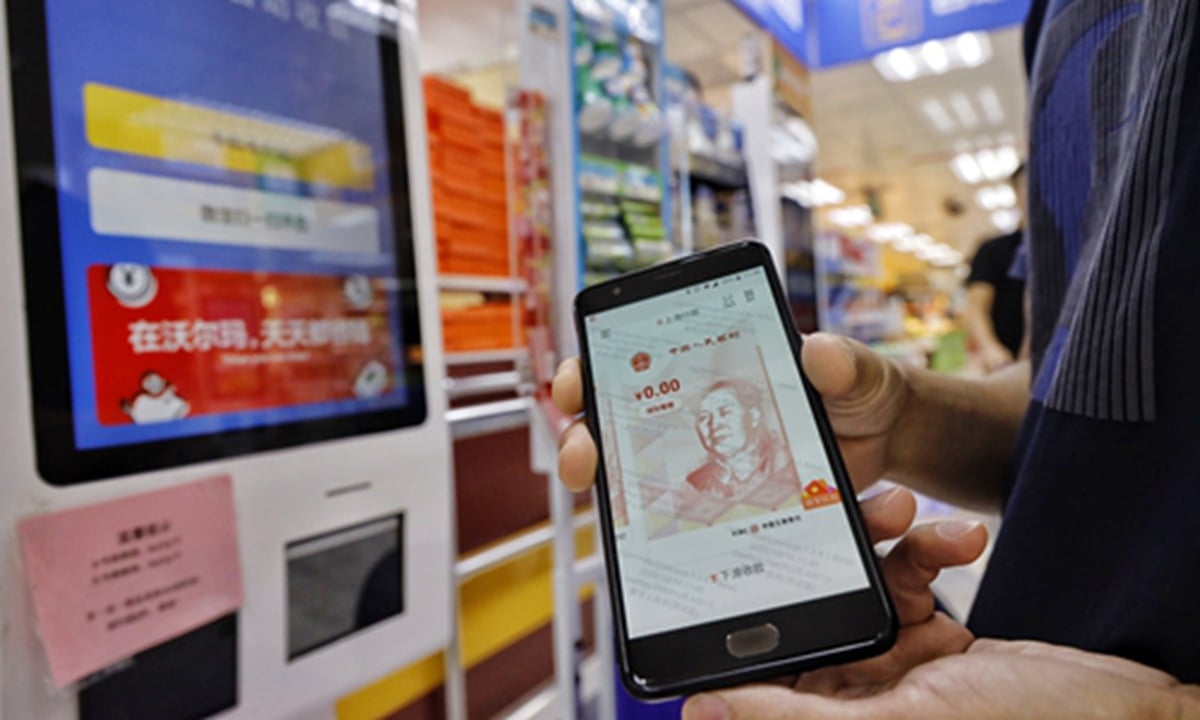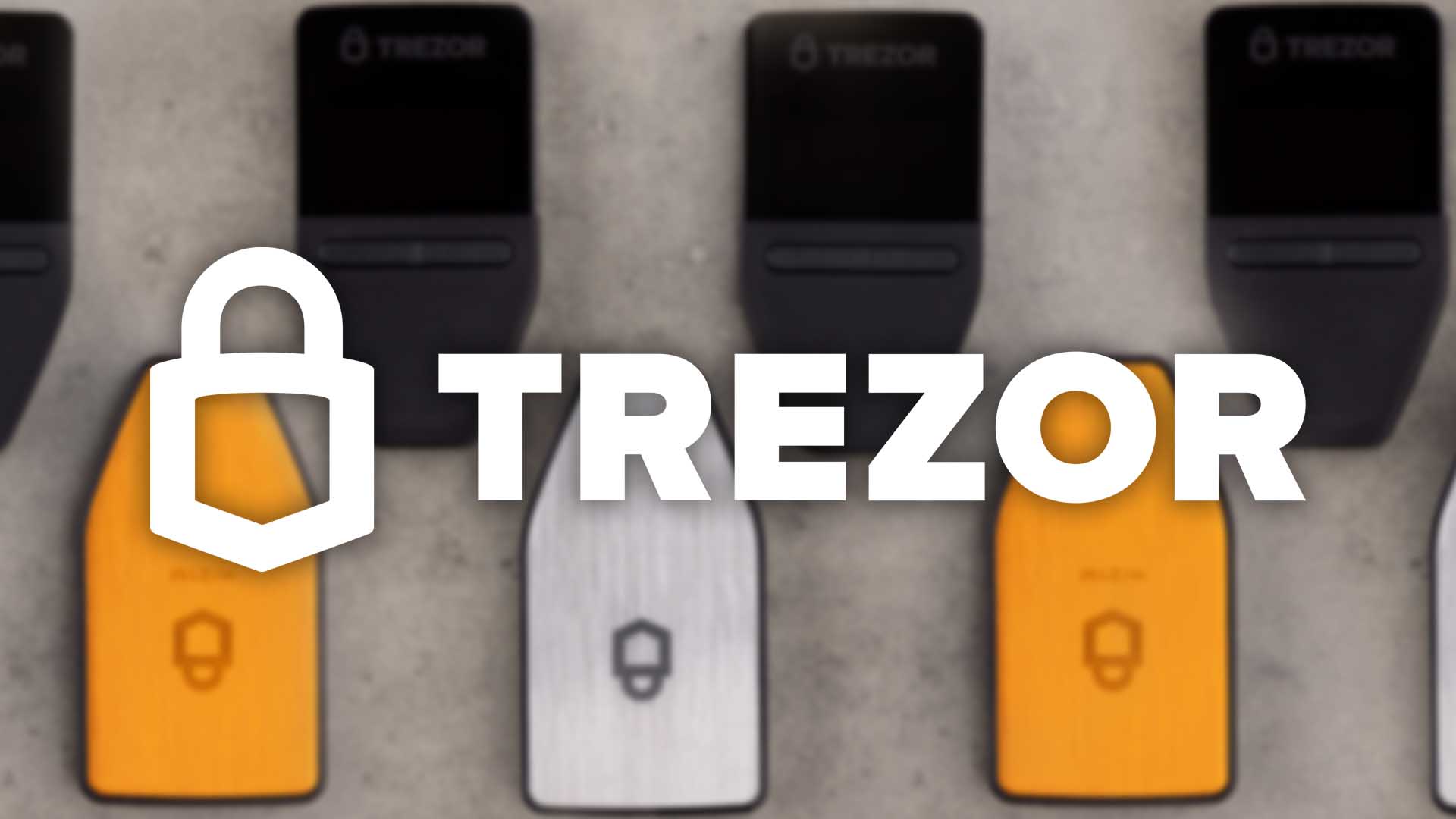Changsha, a city in Hunan Province, China, is implementing offline digital yuan “hard wallets” tailored for elderly citizens and children. This initiative aligns with the nation’s objective to encourage the acceptance of its CBDC among individuals who do not use smartphones.
Chinese cities and state-run banks have tackled the hurdle of smartphone ownership limitations by creating and dispersing “hard” offline wallets. These hard wallets autonomously update balances when users interact with internet-enabled devices. They often include Integrated Circuit (IC) cards, 2G phones, wearable devices, and Internet of Things (IoT) devices.
Changsha and state-run banks drive the adoption of digital currency in neighboring villages under its governance. The city has already implemented a hard wallet system for the residents of Guangming Village. These wallets are issued anonymously but have password protection and a unique hard wallet number. They are capable of securely storing digital yuan certificates on a chip.

An official from the Hunan Province Branch of the China Construction Bank states that these hard wallets empower users to pay up to $700. They are primarily designed to facilitate password-free micropayments for villagers with an individual transaction limit of approximately $70.
Even individuals without smartphones have successfully obtained and utilized the hard wallet, demonstrating the initiative’s inclusive nature. A good example of this class of people is 60-year-old villager Huang from Guangming. Huang expresses contentment with the convenience it provides.
The hard wallet is beneficial when making payments at local stores that offer discounts exclusively to digital yuan users.
Changsha and its neighboring region anticipate a broader range of inventive application scenarios as the pilot program advances. Furthermore, Chinese charities have initiated the acceptance of digital yuan donations. The CBDC (Central Bank Digital Currency) has facilitated the transfer of digital yuan wallets for corporate loans granted to IT firms.
 Lifted A.
Lifted A.













